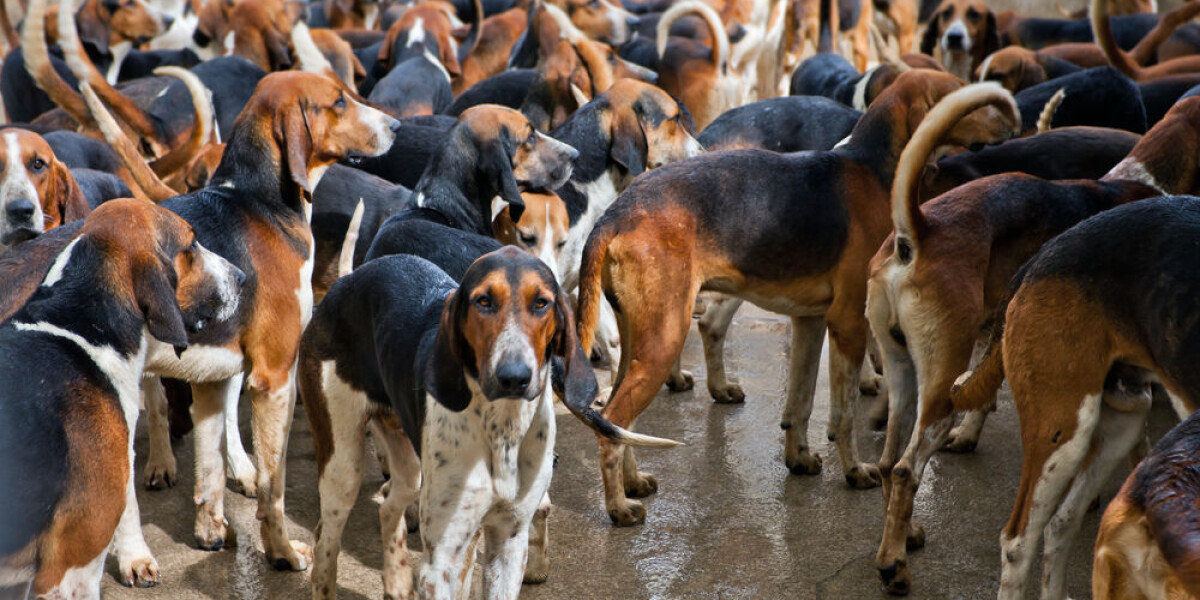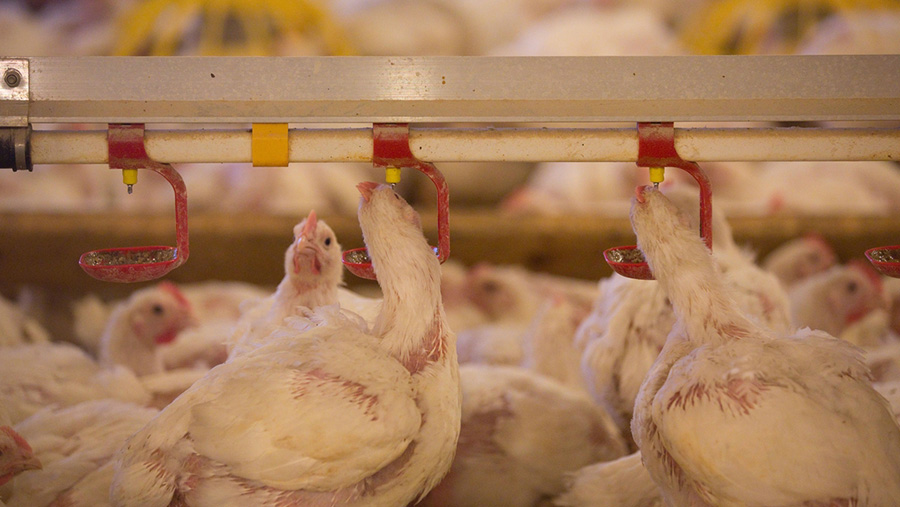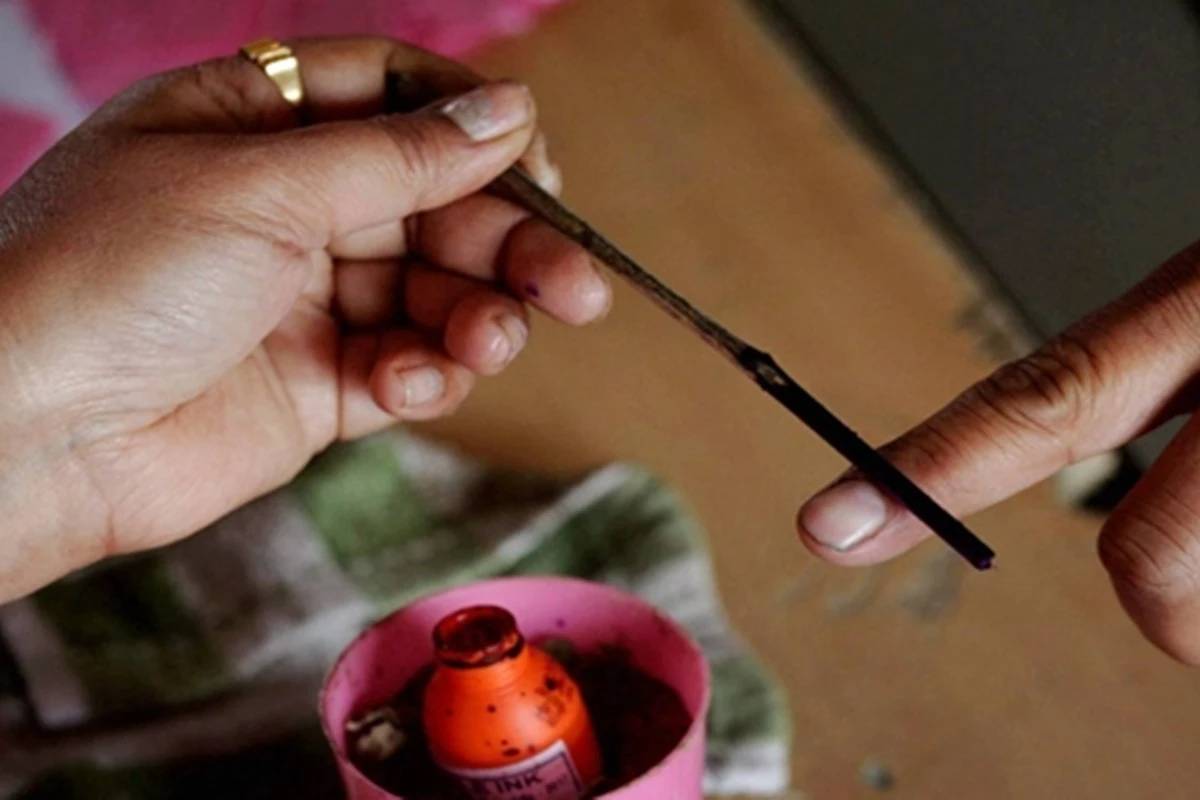
- Select a language for the TTS:
- UK English Female
- UK English Male
- US English Female
- US English Male
- Australian Female
- Australian Male
- Language selected: (auto detect) - EN
Play all audios:
THE ‘HIGHLY CONTAGIOUS’ DISEASE PRIMARILY AFFECTS WILD BOARS AND PIGS A hunting dog has died of Aujeszky's disease, or false rabies, in the east of France - the third such case within
the past two months, it has been revealed. Hunters are urged to take precautions to avoid further infections. The hunting dog died of the disease on an unspecified date in December near the
village of Luxeuil-les-Bains (Haute-Saône). While it is unknown how the animal contracted Aujeszky's disease, this likely came after contact with an infected wild boar. While the
disease is fatal to many young wild boars and pigs, adult male wild boars often survive, and become latent carriers, potentially spreading it via their faeces, or - if they are killed by
hunters - by their entrails. In many mammals, the highly contagious disease, also known as pseudorabies - false rabies - causes disorders of the nervous system, including coughing, sneezing,
fever, constipation, depression, seizures, ataxia, circling, and death, which can occur within 2 to 6 days. It is transmitted in the saliva, faeces, breath and semen of infected animals.
Recovery is rare for dogs, cats and piglets. The disease is not transmissible to humans. The Fédération Départementale des Chasseurs de Haute-Saône has released a warning on Facebook on
January 18, urging caution about the “highly contagious” disease. It advises hunters to avoid all contact between living or dead boars and dogs, and to bury the entrails of boars with lime.
In November, TWO HUNTING DOGS DIED OF THE AUJESZKY'S DISEASE following a hunt in the forest of Fontainebleau near Barbizon (Seine-et-Marne). HOW WIDESPREAD IS AUJESZKY'S DISEASE?
There have been sporadic outbreaks of Aujeszky's disease in recent years, with the worst coming in April 2020 when almost 100 cases were detected on a pig farm in Allier. Another
outbreak came in January 2023 when 15 cases were confirmed in pigs on a farm near Alès (Gard). While the disease is considered rare there is uncertainty as to how widespread it is in wild
boar, which can be asymptomatic carriers. READ MORE: PHOTOS: GIANT 178KG BOAR ‘LIKE A BEAR’ FOUND IN SOUTH-WEST FRANCE HUNTING SEASON OPENS IN MANY AREAS OF FRANCE: WHAT'S GOOD TO KNOW







